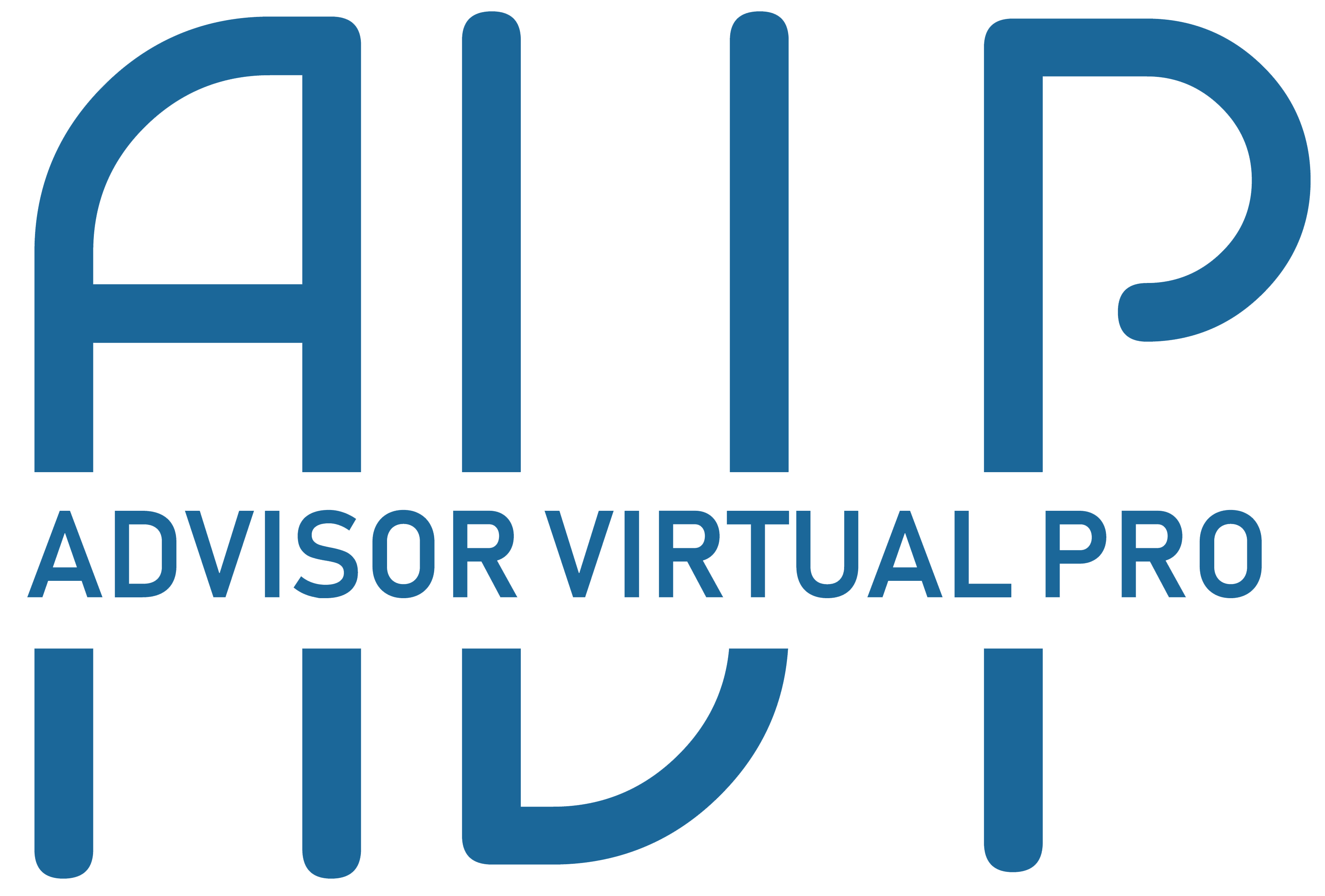2. TASKS: Every TASK must have a Priority. I like High-Normal-Low, but a numbering system or color coding can work as well. In my system, the item is past due if it takes longer than these guidelines. High=24 hours, Normal=7 Days, Low=30 Days. If a High Priority cannot be completed in 24 hours, it MUST go back to the assignor with a note stating why, and depending on your office procedures, a text or phone call. Don’t overuse High Priority, as these tasks should NEVER be more than 10%-20% of your assignments. It is like crying wolf too many times. If everything is urgent, you should take a look at your management systems.
3. WORKFLOWS: Workflows are valuable, but not the end all. Focus on your business goals. There are many ways to create efficiency, be careful not to overthink things in the beginning. Small steps consistently forward are better than trying to change everything and becoming overwhelmed.
4. TECHNOLOGY DECISIONS: DO NOT second guess your CRM or other technology once you have committed. It is easy to get wrapped in finding the best technology. As my friend Spenser says, first people, then process, then technology. It is important to look at Time and Money, two limited resources as you map out scope. As you work and adapt to the database, you will start to gain leverage. Find small wins that drive revenue that are within your budget. Stick to the plan, make small tweaks, give your new system a chance to work.
5. CLEAN DATA: Clean is extremely important. However, this is a work in progress and we are not striving for perfection, but rather to improve the current state to create something that is usable and profitable immediately. There are a number of tools you can use to clean-up data, but likely Excel spreadsheets will end up being your best friend. You can extract data from a CRM using Custom Reports, fix something and then upload back. If you’re using Redtail CRM, their import/export team is awesome, and they can help. Be CAREFUL trying to SYNC data between systems- this can screw up your data. Create one system that is the master system and have that feed your other technology tools. Back everything up, so if you screw up you can fix.
6. DAILY MEETINGS: One of the keys to driving change in your organization is daily meetings. We find that advisors who make huge advances in their business processes are the ones that participate in these meetings. Weekly strategy meetings are also important, and if it is possible to leave the office once a month for one of these meetings do it. Advisor Virtual Pro can help facilitate these meetings. I also suggest that at least once a quarter that your team meets WITHOUT YOU! Often, you may be a sticking point. This is the opportunity for your team to share freely and come back to you with suggestions.
7. MONEY: You are NOT a non-profit, so be on the lookout for ways to cut costs and drive revenue. However, often as entrepreneurs we need to spend money to make money. I suggest you spend your money on verified expertise than on quick fix, magic programs. Technology can only help you so much. Everyone wants a magic marketing program that will bring them an unlimited amount of leads for free. Sadly, it doesn’t exist.
8. ENEMIES: Of an efficient business are honestly, the same things that got you to where you are- YES you are successful, but NO you cannot sustain the same growth you have had doing the same things. STOP relying on Emails- YES it is harder initially, but you need to have a better system to collaborate. STOP using Excel Spreadsheets to track things. YES it is easier to just run an Excel spreadsheet BUT in 2 weeks that data is worthless – because it is not up to date AND your team has no idea how to collaborate. STOP Blurting – if you work in the same office – this is the major TIME SUCK for your team- it may not impact you as much- but every time you go out into the office and say we need to do X…that interaction just cost 20-30 minutes of time. Use the technology, systems and meetings to accomplish 100% more in the same amount of time.

